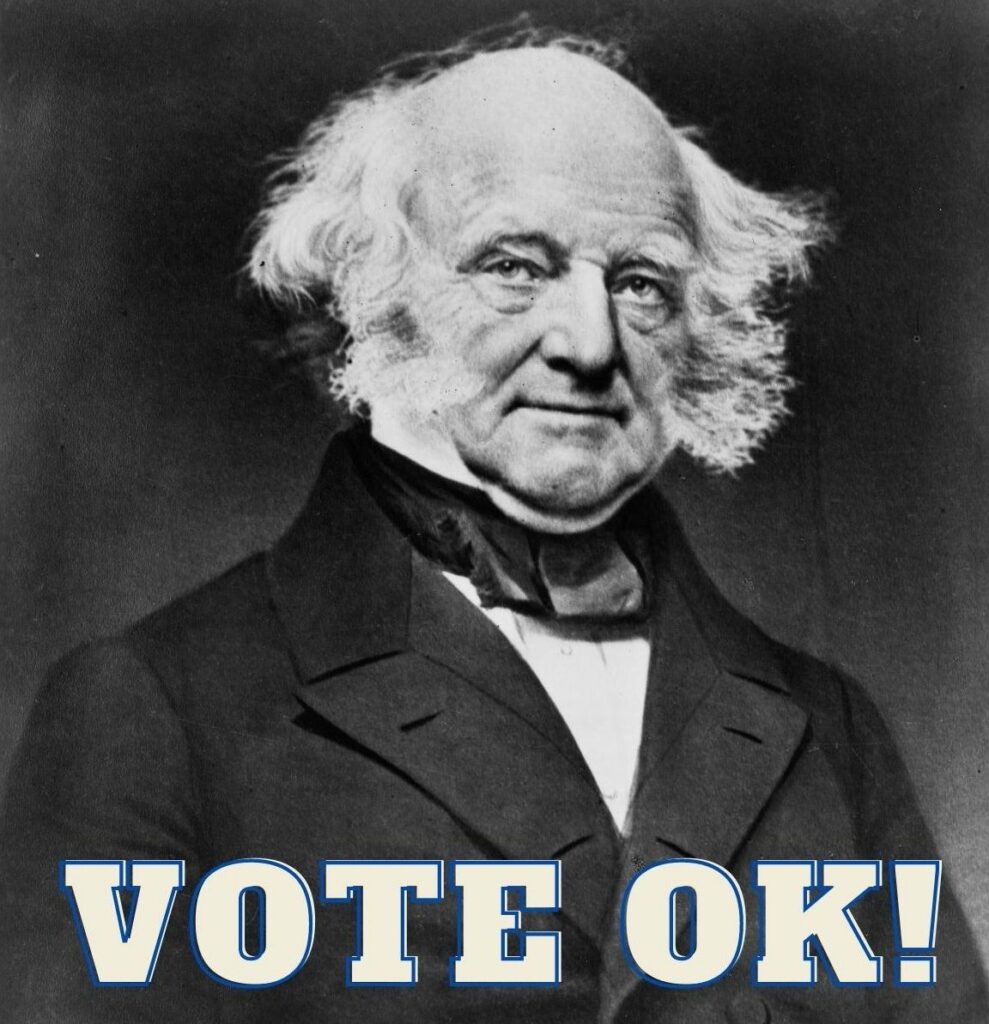OK or Okay: Which To Use?
Whether it’s OK or okay, you hear the phrase on a daily basis. You see it print, television, online, etc. In fact, the phrase okay has been described as the most written and spoken phrase in the world. One of the reasons is that it is used and recognized across numerous languages, with many modifying the spelling slightly to fit their language (ôkê in Vietnamese).
But individual language’s modifications aside, the common two-letter spelling that we are all used to – OK – has spread thoughout the globe and is known universally. But is this spelling acceptable to use in formal documents and emails? Let’s have a look at the difference, and check with various style guides to see if there are any clear rules.
The Difference – OK vs. Okay
There is no actual differences in meaning between okay and OK. As we all know, both words mean “all right.” Some might think that the shorter, two-letter OK is simply a truncated version of okay. However, the opposite is true – okay is derived from OK. Although we are generally used to seeing it as an adverb or adjective, “okay” can be used as a verb, to mean giving something approval. For example: “Has the board OK’ed the expansion?” Here are a few more examples of okay/OK: being used as an adverb, and adjective and a verb:
- You are going to be okay
- It may not be a Benz, but this car is okay.
- Its okay to be nervous.
- Is she feeling okay? She looks sick.
- Can you ask Dave if he OK’ed the last transaction?
- OK, let’s go!
The History of Okay

The exact origin of OK is up for debate; however a widely-accepted theory claims that in the 1800’s, the phrase “all correct” has started to be spelled phonetically as “oll korrect,” somewhat as a gag. With time, people shortened it to the initials OK. It was around this time that President Martin Van Buren, whose nickname was “Old Kinderhook” as he was from a New York town called Kinderhook, was up for reelection. His campaign seized the opportunity and introduced his reelection slogan: “Vote for OK.” Old Kinderhook ended up loosing the election in 1840; however the word OK remained popular and eventually has found its way around the world. Its phonetic version – okay – emerged a few decades after, according to the OED (Oxford English Dictionary).
So When Is It Okay to Write OK?
It is true that some style guides will prefer one over the other. For example, while Chicago Manual of Style gives absolutely no preferences, the AP Stylebook requires OK, in all uses of the word, even as a verb (OK’ed and OK’ing).
Both Are Okay
The bottom line is that both versions of the word – okay and OK are acceptable variations in formal writing. The choice is yours!
—
Want to sharpen your business writing skills? Discover our acclaimed online courses at syntaxtraining.com






